The fight scenes were great, I found the humor much funnier than the jokes in the first installment, and I loved the way they played with perspectives, lighting and camera angles in some of the scenes.
Also, while the villain (who will obviously not be named) is easily outdone by antagonists like Farscape's Scorpius or The Operative from Firefly's wrap-up movie Serenity, there's a definite improvement over the generic blandness that was Ronan.
To me, it's one of those rare movies that's better than the one that preceded it, and I liked almost everything about it, except for one thing: the relationship between Peter Quill and Gamora.
No, it's not just the mind-numbing predictability of the fact that if the protagonist is male, and a physically attractive female happens to be a major member of the cast, they'll most likely get together - especially if they argue with each other.
Heck, this mandatory component of a happy ending doesn't even require that the female is a major character, or even that she's really a character.
She could be the barely-mentioned non-character who gets handed to him like the prize at the bottom of the cereal box as a reward for his heroics, no relationship development needed, as long as the requirement that a happy ending must include romance is fulfilled.
That pet peeve of mine notwithstanding, the bland obviousness of the couple is forgivable. It's a big obstacle to me actually LIKING the ship, but it isn't what makes me wish the ship would sink.
It was two scenes in particular that ruined the Peter/Gamora ship for me.
Let's look at the first and worst of them:
Peter: (Pulls Gamora into a dance.)
Gamora: What are you doing, Peter?
Peter: Dance with me.
Gamora: I'm not going to dance with you.
Peter: (Ignores what she just said and keeps dancing with her.)
Well, isn't that cute. He loves her so much that he insists on sharing an activity he enjoys with her, even though she just said "no", to prove to himself that they're compatible.
Maybe you're saying, "What's wrong with that?"
First off, imagine if you were standing in a bar, and some guy just grabbed you and started dancing with you. You told him no, which SHOULD be the end of it... but he just keeps dancing with you.
Granted, Peter and Gamora know each other, so it isn't QUITE as creepy as the stranger-in-a-bar scenario. But it doesn't stop there.
After Gamora threatens to kill him if he ever tells anyone about this (in case you were worried that I was going to focus solely on the man's questionable relationship skills), the conversation continues:
Peter: When are we gonna do something about this unspoken thing between us?
Gamora: What unspoken thing?
Peter: This... Cheers, Sam and Diane... a guy and a girl on a TV show who dig each other... but never say it because if they do, the ratings would go down... sort of thing.
Gamora: There's no unspoken thing.
Peter: Well, it's a catch-22, because if you said it, then it would be spoken, and you would be a liar. So, by not saying it... you are telling the truth, and admitting that there is.
Me: Um... WHAT. For one thing, that doesn't make sense. How does her saying there is no unspoken thing constitute admitting that there is an unspoken thing?
Now you're just twisting her words, and refusing to hear anything but what you WANT to hear, no matter how nonsensical.
And, more importantly, SHE JUST SAID NO. And when a woman (or ANY love interest of any gender or lack thereof) says no, that's the part where you back off.
But what if there IS an unspoken thing, and they just don't know or won't admit to it?
Sure, you might be noticing something that they're not. Or you could be projecting your own wishes onto them. Or maybe they really aren't interested yet, but will start to feel differently as the relationship evolves.
But no matter which of those scenarios you're looking at, the basic rule holds: when someone says no, ESPECIALLY in the area of romance, you respect their boundaries and their right to make their own decisions, and you back the heck off.
Does Peter do that?
No.
And not only does he blatantly ignore her "no" twice in quick succession, but now he's trying to twist her words so that no matter what she says or how clearly she says it, her "no" means "yes" to him.
Now picture that happening in the bedroom.
Are you starting to see how creepy this is? Guess what - it gets worse.
In case you still think this "no"-defying behavior is romantic or at least OK, I've got bad news:
Outside of sugarcoated fictionland, where toxic relationship behavior is played off as harmless and is even romanticized, refusing to accept a love interest's "no" and disrespecting their physical boundaries are actually signs of a potential date rapist.
Now, you might be thinking, "You're blowing this out of proportion. Peter's a good guy. He would never rape Gamora."
And you're right about part of that - of course Peter wouldn't rape Gamora.
For one thing, he isn't that kind of person.
For another, she's a highly trained killer who would force-feed him his own penis in less time than it would take to say "I've made a tactical error".
And for a third, like I noted above, this is sugarcoated wish-fulfillment fictionland.
In stories like this, the fantasy that "The woman I want doesn't REALLY mean 'no'; she's just playing hard to get, or she doesn't know what she wants, or she doesn't want to be seen as a slut" is treated as an accurate perception, and violating her boundaries by keeping on pushing when she's already said "no" is treated like it's romantic instead of the warning sign that it is.
And that's where the second ship-killing scene comes in: the part where Gamora says "It's just an unspoken thing".
Because it's not like her "no" actually MEANT anything; she was just a confused, frigid woman who didn't know or wouldn't admit that she really was in love with the guy she was telling to back off, right?
If this were an isolated incident with no real-world implications, it wouldn't bother me as much.
Unfortunately, stories like this are symptomatic of a widespread myth that "no means yes", which causes vast amounts of suffering in real-world people, many of whom probably ignored the warning signs of a potential rapist because pop culture had taught them that continuing to push after hearing "no" is romantic, not threatening.
And it doesn't just affect the recipient of the unwanted attention - it also affects well-meaning non-rapist pursuers who think they're doing the right thing by continuing to push, because that's what they were taught.
All that being the case, I was very disappointed in Guardians of the Galaxy for supporting this myth by rewarding Star-Lord for ignoring Gamora's clearly expressed opinions and desires.
In reality, most targets of unwanted pursuit are not trained assassins who could easily fend off a pursuer who's decided to just keep doing what they want regardless of their love interest's wishes.
For real people, when someone keeps pushing after they've said "no", it isn't sexy or romantic. It's annoying at best, often scary, and at worst, a sign that they're in danger of suffering serious physical and/or psychological harm.
But what about Gamora threatening to kill him? Why does that only warrant a brief mention?
Because anyone with two brain cells to rub together knows that threatening to kill people is bad.
You don't need an article from me to tell you that, though there is a disturbing trend in fiction where female violence against males is downplayed, probably because women are still perceived (on an emotional level, if not an intellectual one) as being less potent and dangerous than males.
But when it comes to ignoring a prospective or current partner's "no", many people sincerely believe that that's OK or even good.
This results in soon-to-be victims ignoring the warning signs that they were trained to see as a positive, and non-predators inadvertently making themselves look like potential rapists who should be avoided.
The Guardians franchise seriously needs a scene where someone - preferably Rocket - calls Peter out on his boundary-busting crap.
Partly for the reasons outlined above, and partly because a cranky racoon with terrible relationship skills giving Peter relationship advice is a funny mental image.
Are you sick of seeing stories romanticize suitors who ignore their love interests' desires, opinions, and right to say "no"?
Do you think I'm overreacting?
And have you had experiences where people trampled your boundaries and ignored your "no", and seemed to think they were doing the right thing?
I look forward to your comments.
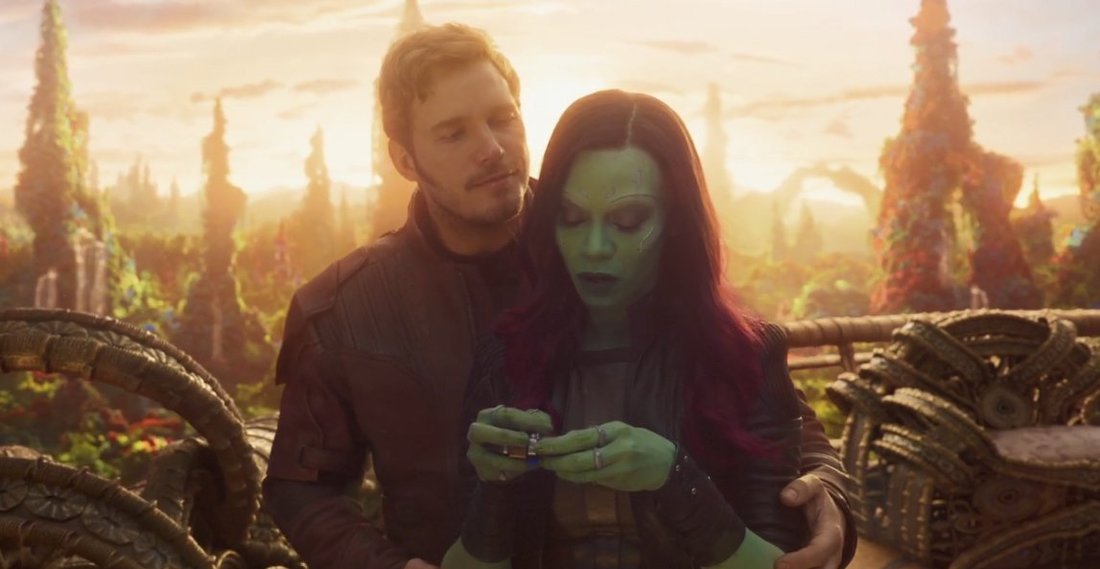

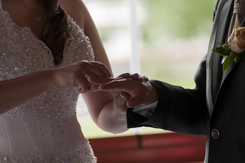
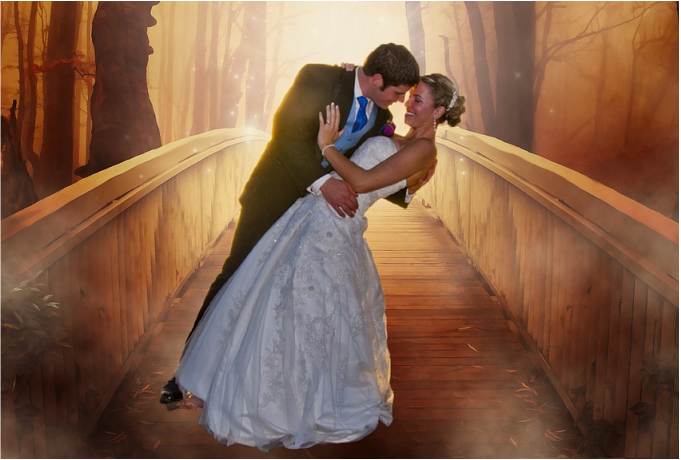



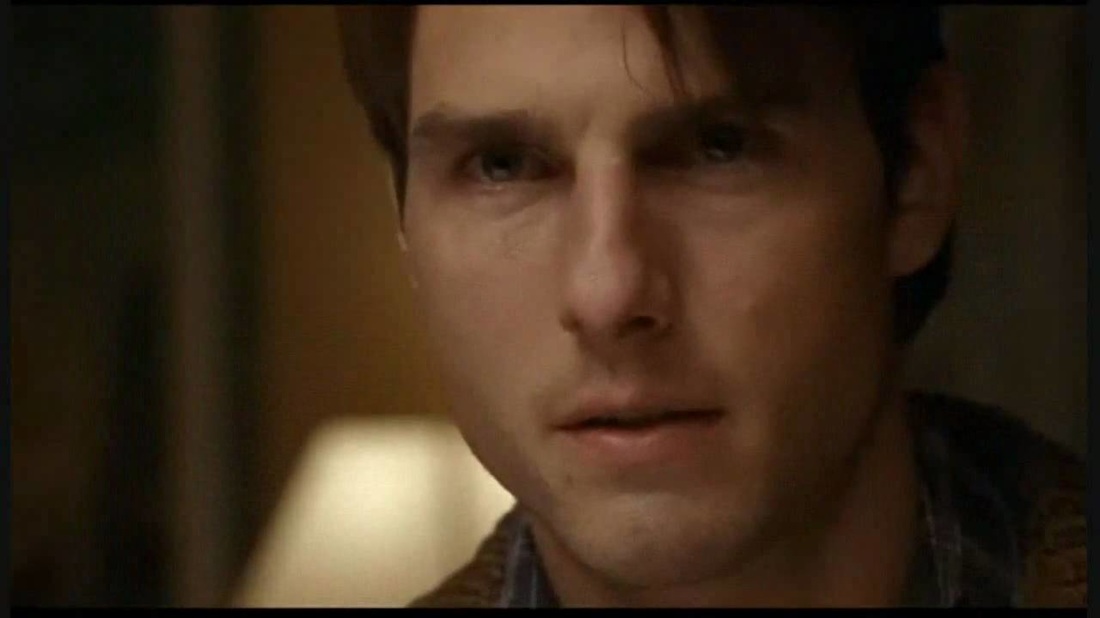




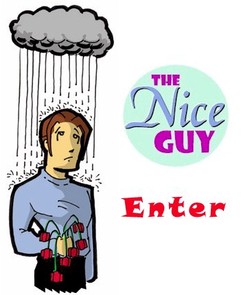


 RSS Feed
RSS Feed